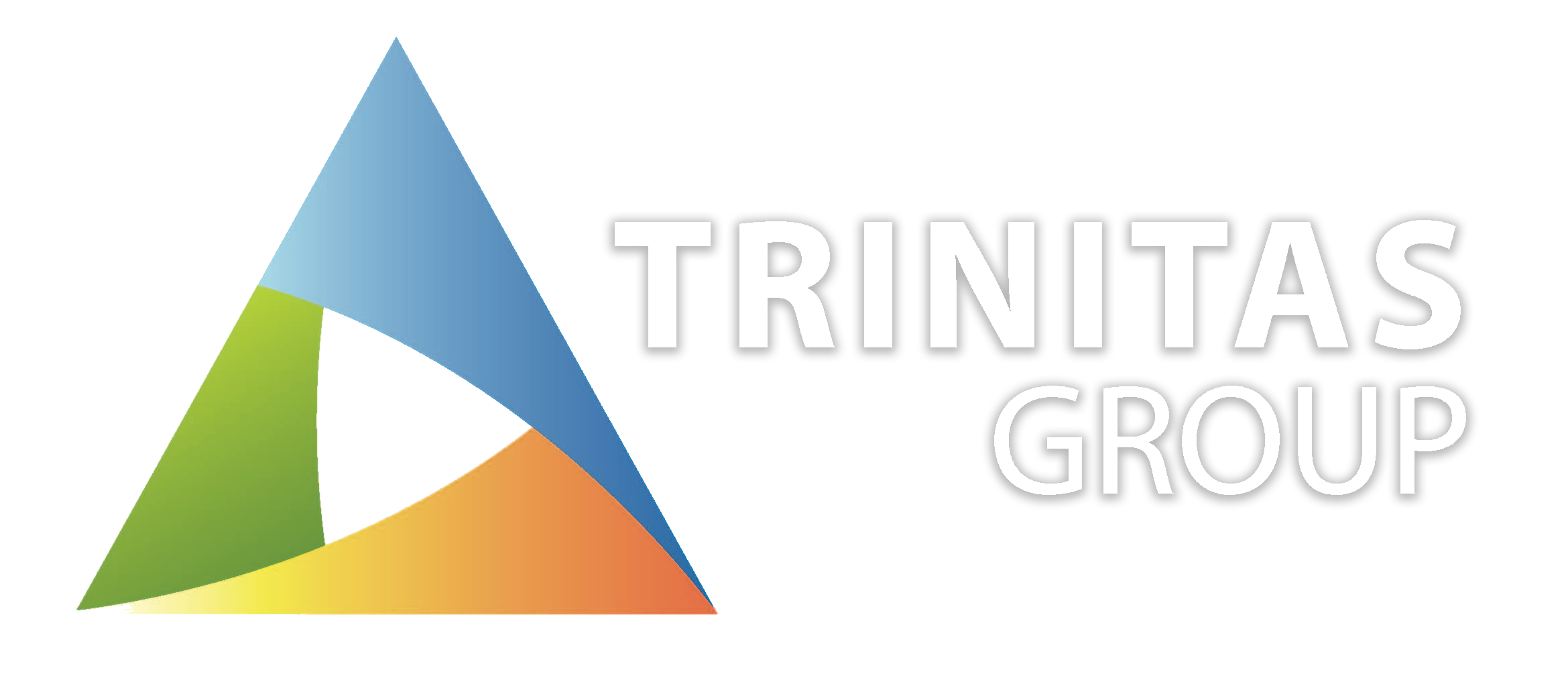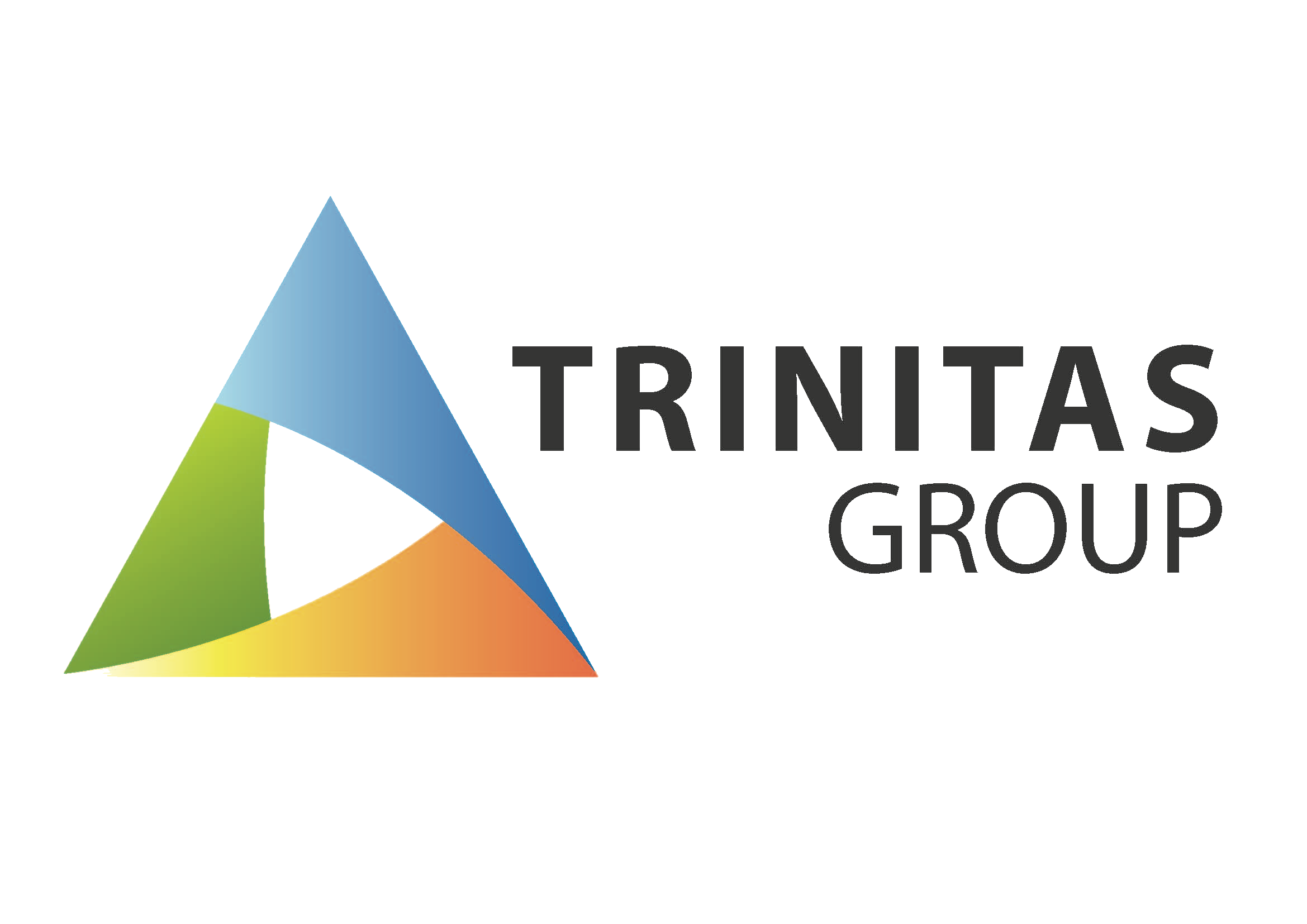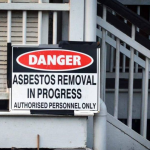Australian mining and civil services organisation, Global Road Technology (GRT), has revealed it is using cutting-edge dust control tech across the country as Australian workplaces work towards improving safety standards related to silica exposure.
Following findings by the National Dust Diseases Taskforce in 2021 and consultative process undertaken by the national safety regulator, Safe Work Australia, there is increasing pressure on businesses to ensure optimal silica dust safety procedures in line with new safety standards.
GRT Managing Director, Troy Adams, explained that increasing regulatory requirements propelled the company to invest heavily in products to suppress and strip out silica and coal dust in mining environments, with the aim of supporting the health of workers in both the resource and construction sectors.
“This growing pressure on industry to better manage the risk of silicosis will see whole of site’ dust mitigation strategies become a must for relevant workplaces,” said Mr Adams.
“Our ACTIVATE product range is designed to work in tandem to reduce the spread of particulate pollutants with GRT: 12X targeting the dust generated by exploration drilling and using the drills themselves to stop the fine dust caused by drilling by saturating it.
GRT’s dust suppression products are a leading example of Australian-developed tech being developed locally and working to assist onsite management of dust pollution. Mr Adams explained that while the legislative updates were an important factor, improving the health of workers by reducing the spread of harmful airborne particulates was also critical.
“The re-emergence of silicosis is not only raising questions about the adequacy of the systems in place for the prevention, early identification, control, and management of this disease, but also in relation to broader occupational dust diseases,” Mr Adams said.
“Existing WHS regulatory frameworks are not effectively protecting people and there needs to be a more proactive approach from industry and government alike to collaborate on developing practical benchmark guidelines with the CRIS consultation process highlighting the need to have more than one control method.”



